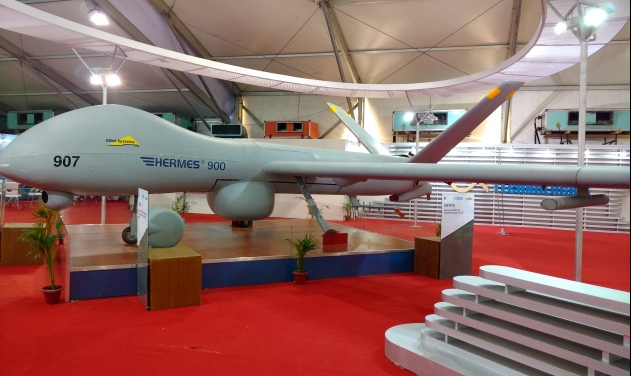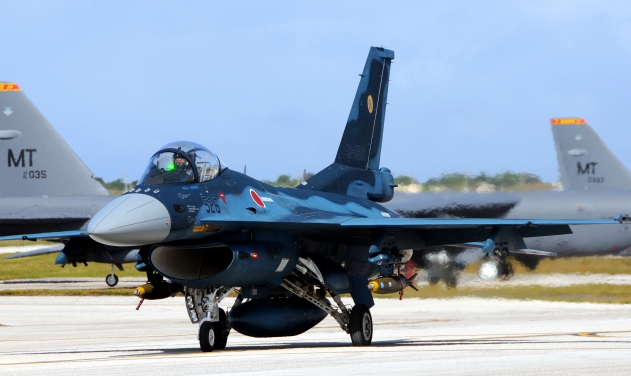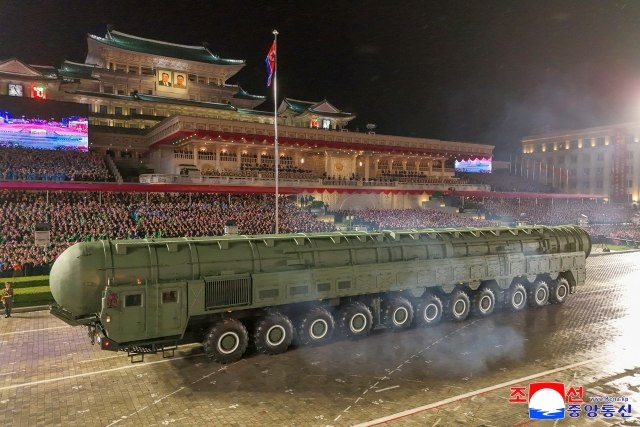IAI-Elbit, Mitsubishi-Fuji In Israel-Japan Joint Unmanned Research Pact

Israel Aerospace Industries, Elbit Systems of Israel and Mitsubishi Electric, Fuji Heavy Industries of Japan are the companies included in the joint research on unmanned surveillance airplanes by the two nations.
The preparations for the joint research are in the final phase and the two governments have already sounded out the defense industry of the two counties about the feasibility of participating in the project, Japanese government sources and bilateral diplomatic sources were quoted as saying by Japan Times Friday.
Such an arrangement has become possible under Japan’s eased arms export principles in 2014 updates. Japan’s previous principles banned the country from exporting arms to a state that may potentially become a conflict country. With its Palestinian issue, Israel fell under this category, the news daily reported.
Japan’s National Security Council would decide on whether to give the green light to the joint study by the Acquisition, Technology & Logistics Agency of the Defense Ministry and the SIBAT defense cooperation department of Israel’s Defense Ministry, they said.
The council is likely to endorse the plan because the administration of Prime Minister Shinzo Abe has been reinforcing relations with Israel, they said.
The Japanese acquisition agency hopes to also conduct joint study on unmanned attack planes and unmanned fighters with Israel, according to the sources.
The source said concerns exist about the project prompting protest from Arab countries.
Israel is known to have the world’s top-level technology for unmanned spy planes and the aircraft are used in attacks on the Gaza area of the Palestinian autonomous region and on Lebanon.
The envisioned joint study is aimed at incorporating Japanese sensor technology in Israel’s reconnaissance plane technologies, according to sources.
The Israeli and Japanese companies that have been asked about the feasibility of taking part declined comment.
Japanese defense officials have decided to introduce the Global Hawk unmanned surveillance aircraft currently used by the U.S. forces.
But it is looking into Israeli technologies because Israeli unmanned reconnaissance planes are much cheaper, according to the sources.
The Abe Cabinet endorsed a new set of three principles on eased arms export control in April 2014 after Japan had long maintained the three-principle arms export ban rule.












